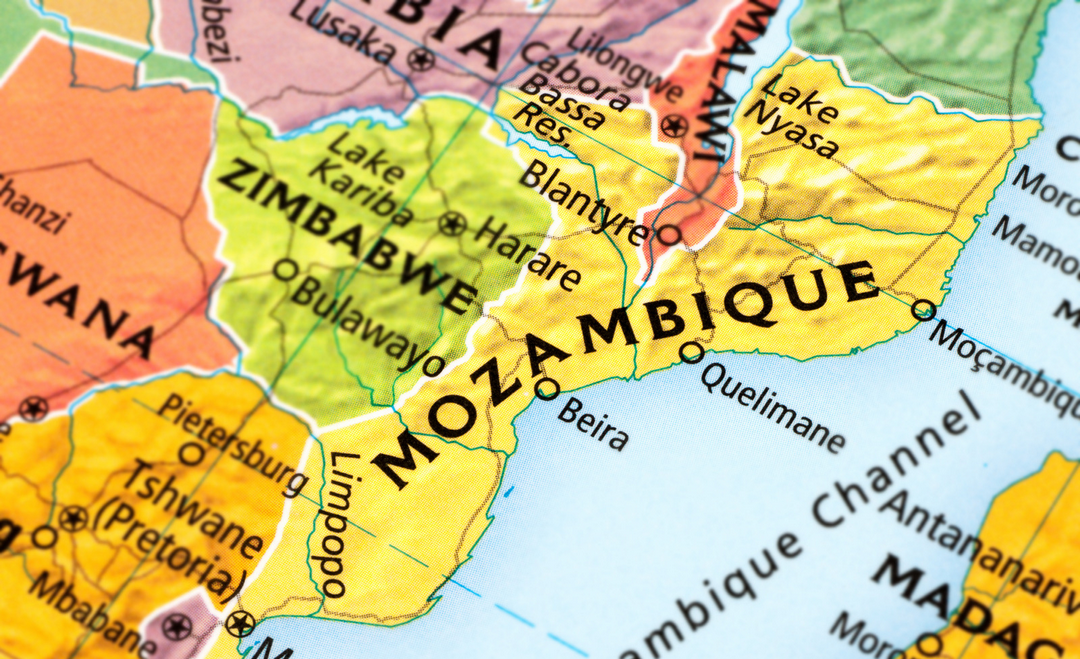Mozambique President Filipe Nyusi announced the death of terrorist leader Bonomade Machude Omar, also known as Ibn Omar or Abu Suraka, during a state visit by his Cuban counterpart. However, Nyusi cautioned that the war was not over.
Ibn Omar was the second-in-command of Al-Shabaab, a jihadist guerilla force and local Islamic State affiliate, responsible for terrorizing northern Mozambique since October 2017, resulting in over 6,500 deaths and displacing hundreds of thousands. The terror attacks caused significant economic disaster, affecting the country's administrative network and halting major offshore natural gas projects by TotalEnergies and ExxonMobil.
Military intervention saw the Southern African Development Community (SADC) sending a force, SAMIM, to support the Maputo government. Additionally, Rwandan President Paul Kagame deployed troops and reinforced them, finding success in combating the insurgents. Kagame's effective leadership in restoring stability in Rwanda following the 1994 genocide, as well as his success in helping other African states reduce terrorism and instability, has positioned him as a significant figure in combating insurgencies on the continent.
Kagame's military diplomacy has bolstered his and his country's standing, with prospects for the "Rwandan approach" to solve security issues in the Sahel. The Rwandan Defense Force's (RDF) success in Mozambique contrasts with the failures of UN operations, raising doubts about the limits of such interventions.
Cabo Delgado's natural resources, including gas fields and minerals, hold promise for energy giants like Total and Exxon. Total's project was halted in 2021, but a possible resumption looms following increased security measures. Exxon's decision to return in 2025 hinges on the security situation, crucial for Mozambique's gas prospects.
The "ghost loan" scandal involving a $2 billion hidden debt tarnished Mozambique's image and led to ex-Finance Minister Manuel Chang's extradition to the US for corruption charges. Success in combating terrorism and renewed scrutiny on corruption coincide with tense political times, marked by allegations of electoral fraud during municipal elections.
The elections saw widespread fraud favoring the ruling FRELIMO party, sparking protests led by the opposition and supported by the Catholic bishops and the US embassy. Reports of misconduct, ballot stuffing, and court-ordered ballot recasting have further fueled the chorus of protest.
Source: GIS Reports




